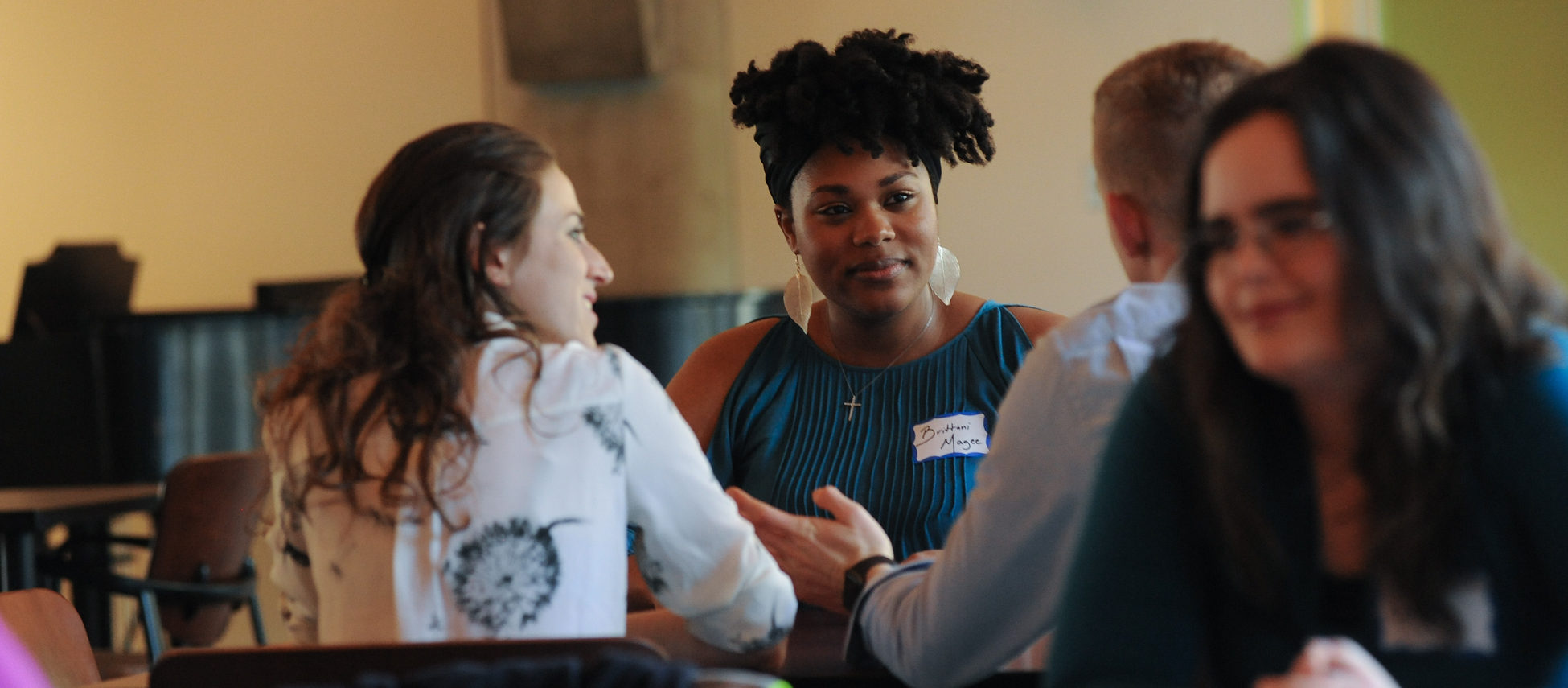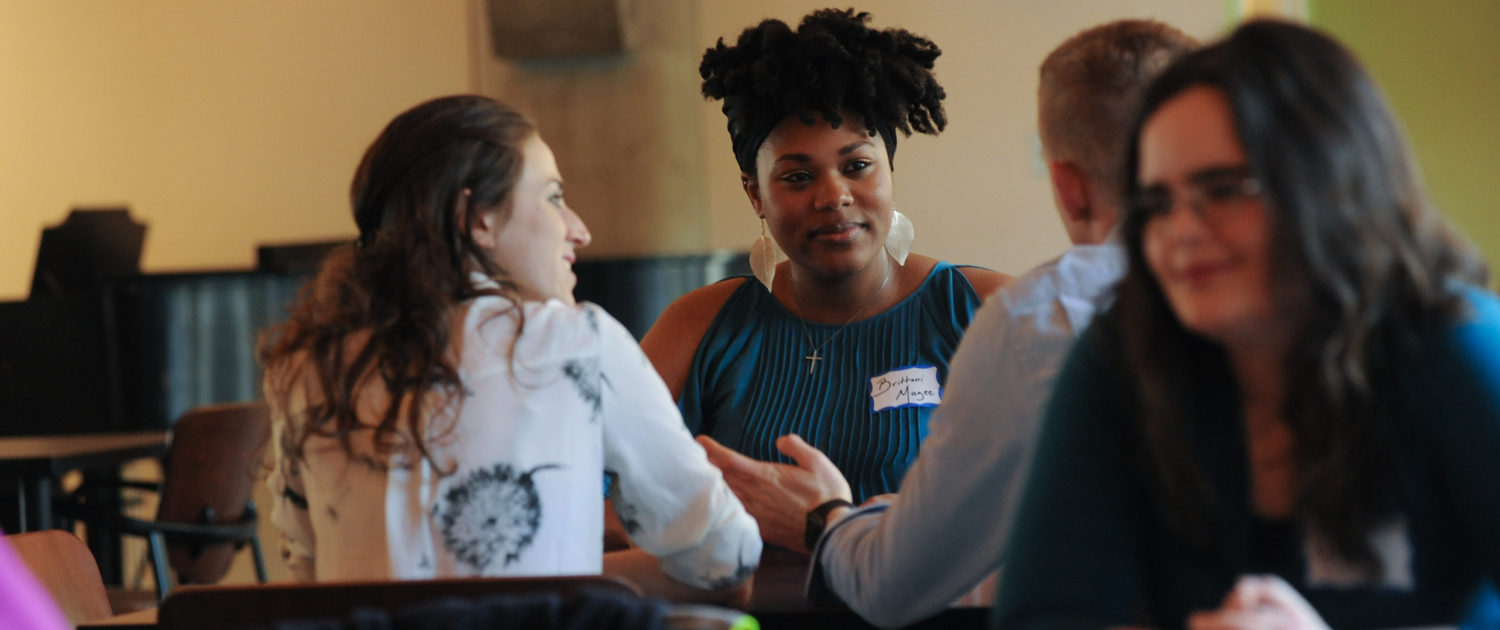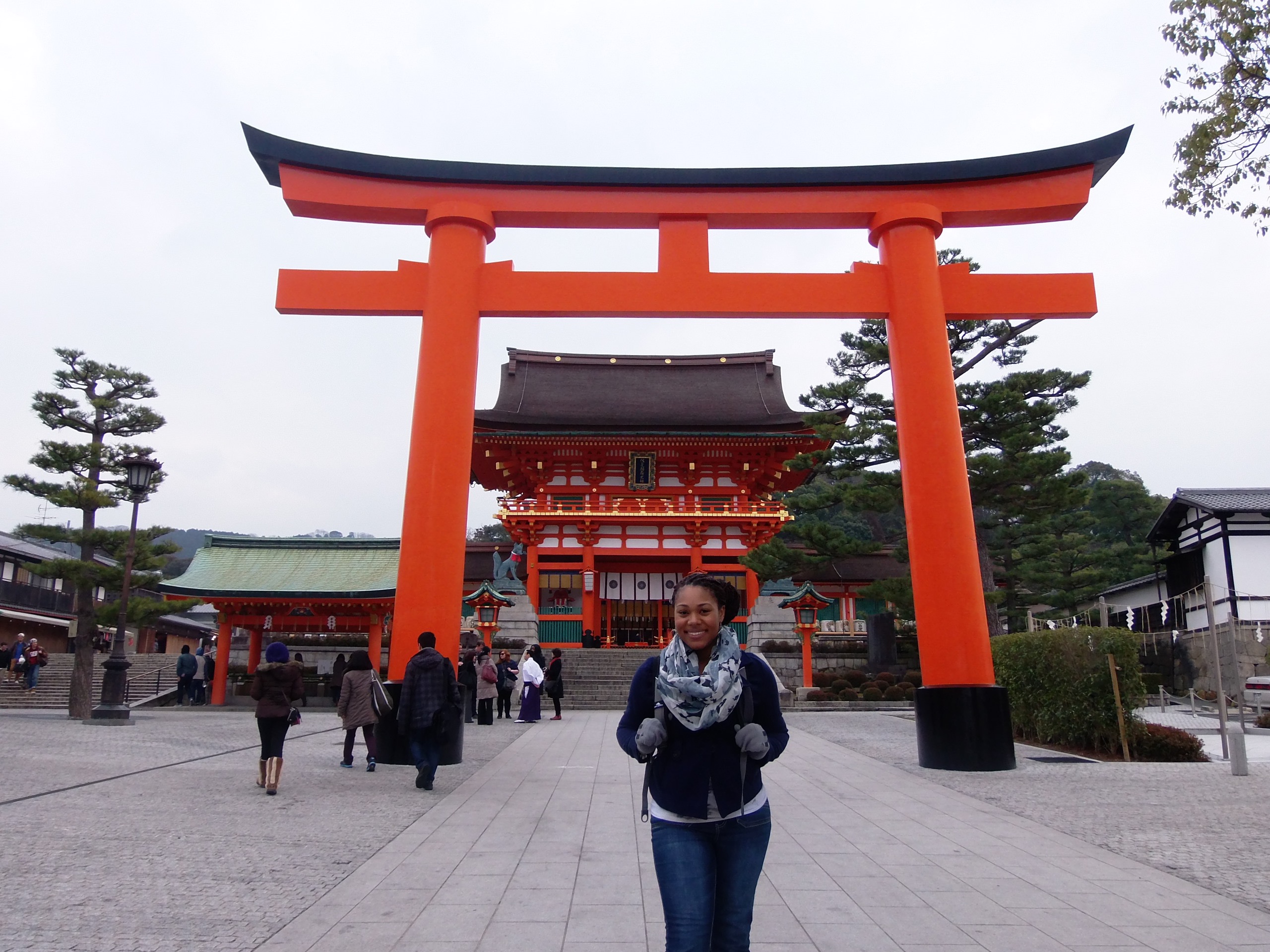A Boomer’s Praise for Millennials
Thoughts From Tom Glenn, Chair of The Wilbur and Hilda Glenn Family Foundation.
Born in 1947, I am a scant one year younger than the very oldest of the Baby Boomers. I have been followed by X’s, Y’s, and now Millennials. Though once proud of my prowess with Lotus 1-2-3, floppy discs, and dot matrix printers, I find myself challenged by social media, the electronic gadgetry in my car, and some of the responses I get from Siri. Siri sounds like an Xer, but I’m afraid to ask.
I have become intrigued by Millennials. Though jokes about their idiosyncrasies abound (check out “Millennial Job Interview”), I see some traits in these younger folks that I think bode well for the future. Notably, they seem more focused on societal values than on social institutions, and I consider this a very good thing.
Former Vermont governor Howard Dean recently opined that “the Trump election was essentially a negation of every value that young people have … [however] these people are not Democrats.” Political perspectives aside, it is apparent that Millennials are not the “joiners” that we Boomers are. Their allegiance to political parties is not nearly as strong, and the same is apparent where religious affiliation is concerned.
In The Decline of White Christian America, Robert P. Jones provides data showing the relationship between Americans’ ages and their likelihood of affiliating with religious sects. As of 2014, only 18% of the 65-and-older group in a sizeable sample indicated that they were “unaffiliated,” or they replied that they didn’t know or refused to answer. This number climbs to 20% for ages 50-64, 27% for 30-49, and to a whopping 41% for the 18-29 group. Where we Boomers may have become Republicans or Methodists “because that’s what Mama and Daddy were,” Millennials are apparently less inclined to do so.
Recently, three Millennial women, Hamdi Abdi, Brittani Magee, and Amanda Wolkin, made a beautiful joint statement on behalf of interfaith cooperation. Prior to this collaboration, they had published their respective views, separately, as follows:
Hamdi Abdi, a Muslim, made observations about how she and other interfaith advocates “held monthly dinner discussions about the common threads that ran through the participants’ faith traditions regarding themes such as love, justice, liberation, etc.” Brittani Magee, a Christian, pointed out that “while we may not agree with each other, I believe that having respect and compassion for others should be the lens from which we interact with our fellow humans.” Amanda Wolkin, a Jew, emerged from an interfaith experience with the following observation – “Before long, I realized one simple truth: although our faiths were different, our values were not. These kind people had become my family, no matter our belief systems.”
It appears that these three Millennials are focusing on “beliefs” more than “belief systems.” Undeniably, they have a genuine commitment to their respective religious faiths, yet they refuse to let any interpretation of religious dogma obscure the importance of respect for the dignity of all human beings.
I salute these women for their attitudes, and I respect Millennials’ willingness to probe the values underlying our social institutions. True, some Millennials may not probe the rationale for having a lug wrench in the car, but when it comes to selling them on a political party or a religious position, they are more likely to ask, where’s the beef? (to use an ancient Boomer expression). Perhaps they will force the rest of us to probe a little more deeply. And I thank them for that.




 Amanda Wolkin is passionate about education and writing: two fields that have led her quite literally around the world. While an Atlanta native, Amanda studied Creative Writing and Urban Education at the University of Pennsylvania before embarking on a Fulbright English Teaching Assistantship in Malaysia. In the small town of Kuching, Sarawak, Amanda taught creative writing to middle school students and eventually launched the first English-language writing competition sponsored by the U.S. Embassy. Since moving back to Atlanta, Amanda has worked extensively in both the non-profit and marketing sector. She now combines these skillsets as a content strategist at Jackson Spalding, where she advises on social strategy and non-profit/corporate social responsibility marketing.
Amanda Wolkin is passionate about education and writing: two fields that have led her quite literally around the world. While an Atlanta native, Amanda studied Creative Writing and Urban Education at the University of Pennsylvania before embarking on a Fulbright English Teaching Assistantship in Malaysia. In the small town of Kuching, Sarawak, Amanda taught creative writing to middle school students and eventually launched the first English-language writing competition sponsored by the U.S. Embassy. Since moving back to Atlanta, Amanda has worked extensively in both the non-profit and marketing sector. She now combines these skillsets as a content strategist at Jackson Spalding, where she advises on social strategy and non-profit/corporate social responsibility marketing.
